Introduction
Can Guinea Pigs Get Colds: Guinea pigs, those endearing and sociable rodents that have won the hearts of countless pet enthusiasts, are known for their small size, distinctive squeaks, and delightful personalities. But as any responsible pet owner knows, the health and well-being of these furry companions are of paramount importance. Among the concerns that often arise is whether guinea pigs drink can contract common human ailments, such as the common cold. In the pursuit of the best care for these charming creatures, understanding the extent to which they are susceptible to illnesses is crucial. While the common cold is a frequent occurrence in humans, it’s recognize that guinea pigs are a distinct species with unique physiological characteristics.
As such, their susceptibility to various diseases, including the common cold, differs from ours. The fascinating world of guinea pig health to unravel the truth about whether these small rodents can indeed catch colds, and if so, what measures can be taken to protect their well-being. To comprehensively, we’ll explore the anatomy and immune system of guinea pigs, examining the factors that influence their susceptibility to respiratory infections. We’ll also delve into the signs and symptoms that might indicate your guinea pig is feeling under,
The weather, as well as the potential causes of respiratory distress in these lovable pets. The preventative measures to safeguard your guinea pig’s health, highlighting the role of proper housing, nutrition, and hygiene in minimizing the risk of illness. By the a clearer understanding of whether guinea pigs can get colds and how to ensure their continued health and happiness. The world of guinea pig care and uncover the truth about their vulnerability to the common cold.
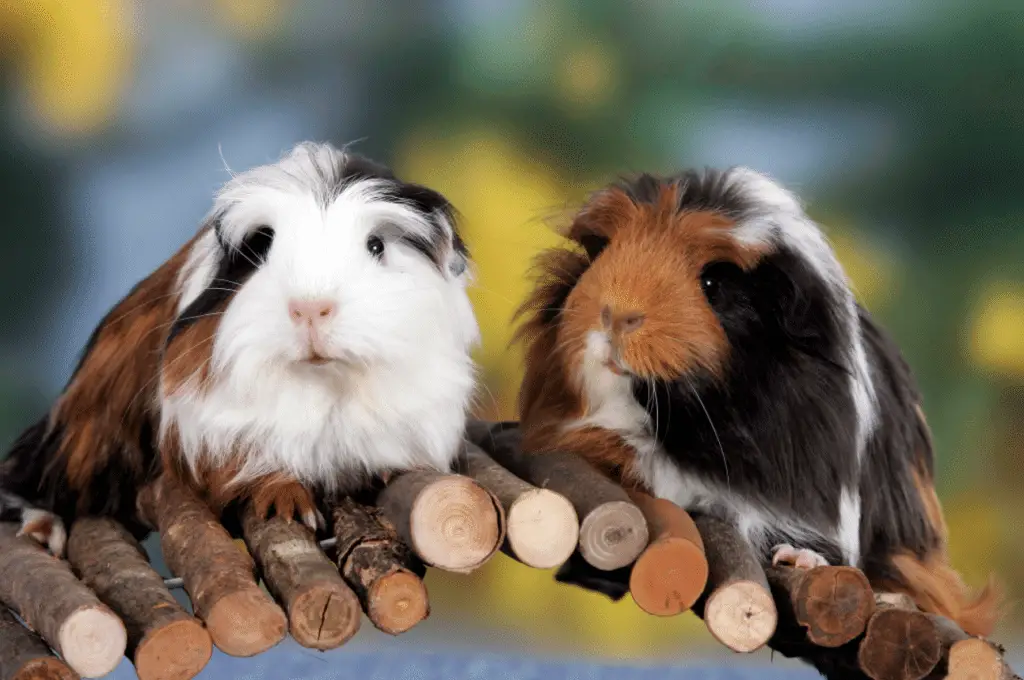
How do you know if your guinea pig has a cold?
You can tell if your guinea pig is suffering from the cold if they are shivering, sleeping longer or being more lethargic than normal, less interested in food & drink, and they have cold feet, ears, and a cold nose.
Sneezing and Coughing: Just like in humans, sneezing and coughing can be telltale signs that your guinea pig is experiencing respiratory distress. If you notice frequent sneezing or coughing, it’s time to pay close attention to their overall behavior.
Nasal Discharge: If your guinea pig has a runny or congested nose, it could be a sign of a respiratory infection. Check for any crustiness or discoloration around their nostrils, as these can also be indicators of illness.
Labored Breathing: Labored or rapid breathing is a clear sign that your guinea pig is struggling with a respiratory issue. Watch for any signs of wheezing or shallow breathing, as these are concerning symptoms.
Reduced Activity: Guinea pigs are known for their playful and active nature. If your pet becomes lethargic, with reduced interest in food, exercise, or social interaction, it may indicate they’re not feeling well.
How do you treat a cold in a guinea pig?
Colds in guinea pigs
If your guinea pig shows any signs of a cold, such as a runny nose or sneezing, keep him warm and provide plenty of water. If the symptoms don’t clear within a couple of days, get him along to your local vet to rule out a more serious condition, such as pneumonia.
Consult a Veterinarian: The first and most crucial step when you suspect your guinea pig has a cold or respiratory infection is to seek professional veterinary care. Only a veterinarian can accurately diagnose the issue and recommend the appropriate treatment. Do not attempt to self-diagnose or self-medicate your guinea pig, as this can be dangerous.
Isolation: If you have multiple guinea pigs, it’s essential to isolate the sick one from the healthy ones to prevent the potential spread of the infection. A separate cage with fresh bedding and maintain strict hygiene to minimize contamination.
Warm and Draft-Free Environment: Ensure your guinea pig’s living space is kept warm and free from drafts. Guinea pigs are sensitive to temperature changes, and a comfortable environment can aid in their recovery.
Hydration: Encourage your guinea pig to drink water. Proper hydration is vital for recovery. You can use a small syringe or dropper to water if your guinea pig is reluctant to drink. Offer fresh vegetables with high water content, like cucumbers, to entice them.
Nutrition: Continue to offer your guinea pig a balanced diet, even if they have a reduced appetite. High-quality guinea pig pellets, fresh hay, and small amounts of fresh vegetables should be part of their diet. Consult your veterinarian for dietary recommendations tailored to your guinea pig’s specific condition.
What happens when a guinea pig gets cold?
Young guinea pigs are especially vulnerable, as they cannot control their body temperatures like adults can. Guinea pigs handle cold much better than heat, but being too cold still causes them significant discomfort and stress. They can become sick or even die if they are too cold for too long.
Hypothermia: Guinea pigs are naturally suited to warm, tropical climates. When exposed to cold temperatures, they can develop hypothermia, a potentially life-threatening condition. Hypothermia occurs when their body temperature drops significantly below the normal range of 99-103°F (37-39°C). As their body struggles to maintain a proper temperature, it can lead to various health issues.
Shivering: One of the initial signs that a guinea pig is too cold is shivering. Shivering is their body’s way of generating heat to combat the cold, but it also indicates that they are uncomfortable and potentially in distress.
Reduced Activity: When guinea pigs get cold, they may become less active. They will move less, eat less, and may seek out warm or sheltered spots in their enclosure to conserve energy.
Respiratory Problems: Cold temperatures can weaken a guinea pig’s immune system, making them more susceptible to respiratory infections. The stress caused by cold can also exacerbate existing health issues.
Is it OK if a guinea pig sneezes?
When you first hear your piggy emit a tiny sneeze, you might be concerned that it’s a sign that they’re poorly. But actually, it’s totally normal for guinea pigs to sneeze between two and four times a day.
Sneezing, on occasion, is a normal and natural bodily function for guinea pigs. Just like humans, they use sneezing to clear their nasal passages of irritants such as dust, hay particles, or even food. Occasional sneezing is generally nothing to worry about and is a sign that their respiratory system is functioning as it should.
Guinea pigs are highly sensitive to their environment. Dusty bedding, poor ventilation, or a dirty living space can contribute to sneezing. Ensuring a clean and well-ventilated cage, using dust-free bedding, and keeping their environment free from allergens can help reduce sneezing.
Guinea pigs can develop allergies, just like humans. Common allergens for guinea pigs include pollen, certain types of hay, or even scented products. If you suspect allergies are causing sneezing, consider changing their bedding or removing potential irritants from their environment. Sudden temperature changes or drafts can lead to sneezing. Guinea pigs are sensitive to temperature fluctuations, so it’s crucial to maintain a consistent and comfortable environment for them.
Is it bad if a guinea pig sneezes?
A guinea pig sneezes between two and four times a day. This is entirely normal and isn’t cause for concern. However, anything more than that could be a sign of an allergic reaction to something or a respiratory infection.
Sneezing is a normal bodily function in guinea pigs, just as it is in humans. Like us, guinea pigs sneeze to expel irritants from their nasal passages. These irritants can include dust, hay particles, or even food. Occasional sneezing is generally not a cause for concern and is considered a healthy response to environmental factors.
Guinea pigs are sensitive to their surroundings, and their sneezing can be influenced by environmental factors. Dusty or moldy bedding, poor ventilation, or a dirty cage can contribute to sneezing. Ensuring a clean living environment, using dust-free bedding, and maintaining good ventilation can help reduce sneezing caused by these factors.
Guinea pigs, like humans, can develop allergies. Common allergens for guinea pigs include pollen, certain types of hay, or even scented products. If your guinea pig is sneezing and you suspect allergies, consider changing their bedding or removing potential allergens from their surroundings.
Guinea pigs are sensitive to abrupt temperature changes and drafts. Sudden drops in temperature or exposure to drafts can lead to sneezing. Maintaining a consistent and comfortable temperature in their living area is essential to prevent sneezing due to temperature fluctuations.
Can you treat a sick guinea pig at home?
Never self-medicate your guinea pig without first speaking to a vet. Each medication is different and acts on the body in different ways. Some medications should not be given in certain situations and can make things worse. Always provide your guinea pig with all their normal food during times of illness.
Respiratory Issues: If your guinea pig exhibits symptoms like persistent sneezing, coughing, labored breathing, or nasal discharge, a respiratory infection might be the cause. This requires prompt veterinary care.
Gastrointestinal Problems: Symptoms like severe diarrhea, loss of appetite, bloating, or signs of pain could indicate gastrointestinal issues that need veterinary attention.
Injuries: Any injuries, wounds, or fractures should be evaluated by a veterinarian to prevent infection and ensure proper healing. Unexplained weight loss is concerning and often a sign of underlying health problems that require diagnosis and treatment.
Lethargy and Inactivity: If your guinea pig becomes lethargic, unresponsive, or significantly less active, it’s a red flag that something is wrong and requires professional evaluation.
What does a guinea pig with a cold sound like?
Sneezing: A high pitched sound, it sounds just like a sneeze. But Guinea Pig sized. Usually it’s nothing to worry about, however, if your piggy has signs of a cold you’ll need to get it checked by a vet.
Guinea pigs are naturally chatty creatures, and they communicate with their owners through a variety of squeaks and chirps. When a guinea pig has a cold, their vocalizations may change in pitch or intensity. They might produce more frequent or louder squeaks, which could be a sign of discomfort or distress.
One of the most noticeable changes in the sound of a guinea pig with a cold is wheezing or whistling noises when they breathe. These sounds can be quite distinct and might resemble a high-pitched whistling or a wheezy, labored breath. Wheezing indicates that the guinea pig’s airways may be partially obstructed or constricted, which is a common symptom of respiratory infections.
Just like humans, guinea pigs can develop a cough when they have a cold or respiratory issue. A guinea pig’s cough is often characterized by a dry, hacking sound. If you hear your guinea pig coughing, it’s a clear indication that their respiratory system is under distress and requires attention.
A guinea pig with a cold may also make nasal sounds when they breathe. These can include sniffling, snorting, or a congested, stuffy nose. These sounds are a result of mucus build-up in their nasal passages, a common symptom of respiratory infections.
Do guinea pigs get cold at night?
Some rodents, like ground squirrels or Eastern chipmunks, hibernate when the weather turns cold, but guinea pigs don’t. Instead, guinea pigs are most comfortable in air temperatures of about 65°F to 75°F. Anything below about 60°F is probably too cold for your pig.
Adequate Bedding: Use a thick layer of clean, dry bedding in their cage. Materials like fleece, hay, and paper bedding can help insulate them.
Indoor Housing: If possible, bring your guinea pigs indoors, especially during the colder months. Indoor temperatures are typically more stable and comfortable for them.
Heating: Use safe heating options, such as heating pads or ceramic heat emitters designed for small animals. Ensure that the heating source is placed outside their enclosure to prevent burns or overheating.
Insulation: Place a blanket or towel over part of their cage to create a cozy and insulated area. Regularly check the temperature in their living space, both day and night, to ensure it stays within the appropriate range.
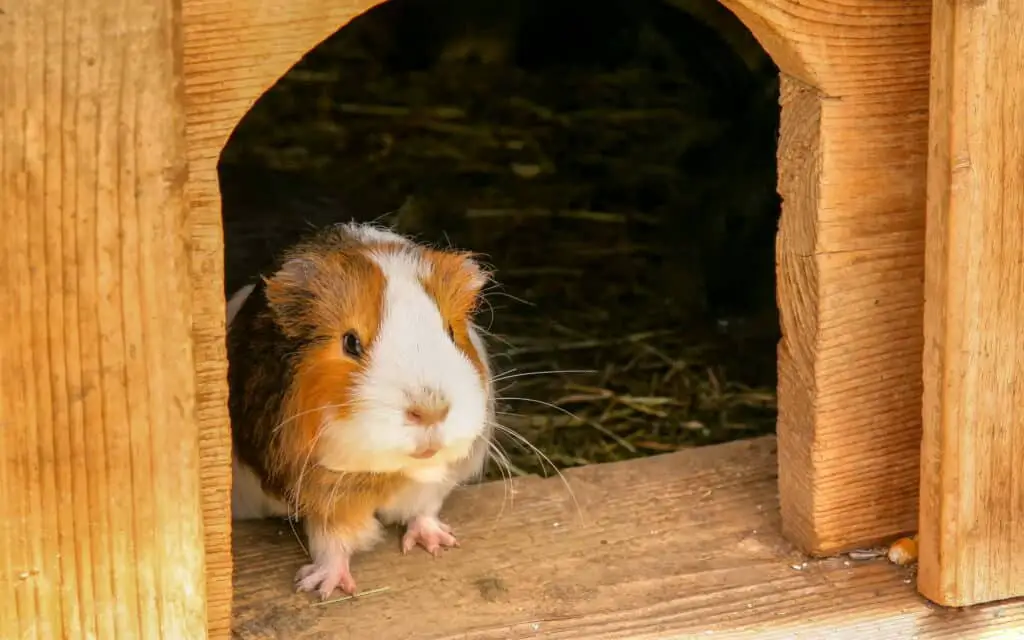
Conclusion
In our guinea pigs can get colds, we have unraveled the complexities of these endearing rodents’ health and well-being. While guinea pigs susceptible to the common cold virus in the same way humans are, they can still experience respiratory illnesses that manifest with symptoms resembling a cold. One of the key takeaways from this discussion is the critical role played by a guinea pig’s unique anatomy and immune system. Unlike humans, guinea pigs have a relatively fragile respiratory system that can make them more prone to respiratory infections when exposed to adverse conditions.
Therefore, it becomes paramount for responsible pet owners to a clean, warm, and stress-free environment for their guinea pigs to thrive. Recognizing the signs and symptoms of illness in guinea pigs is another crucial aspect of caring for them. Respiratory distress, including sneezing, wheezing, nasal discharge, and labored breathing, should never be overlooked. Prompt veterinary attention is essential when these symptoms arise, as early intervention can make a significant difference in the prognosis and recovery of your furry friend.
Moreover, maintaining a well-balanced diet rich in vitamin C, which guinea pigs cannot synthesize on their own, is pivotal to bolstering their immune system and overall health. Ensuring they have access to fresh hay, vegetables, and clean water is essential for their well-being. Lastly, hygiene practices cannot be overstated in the prevention of respiratory illnesses in guinea pigs. Regularly cleaning their habitat, providing fresh bedding, and ensuring proper ventilation can significantly reduce the risk of infections. Quarantining new to your guinea pig family and practicing good hand hygiene when handling them can also prevent the spread of potential pathogens.

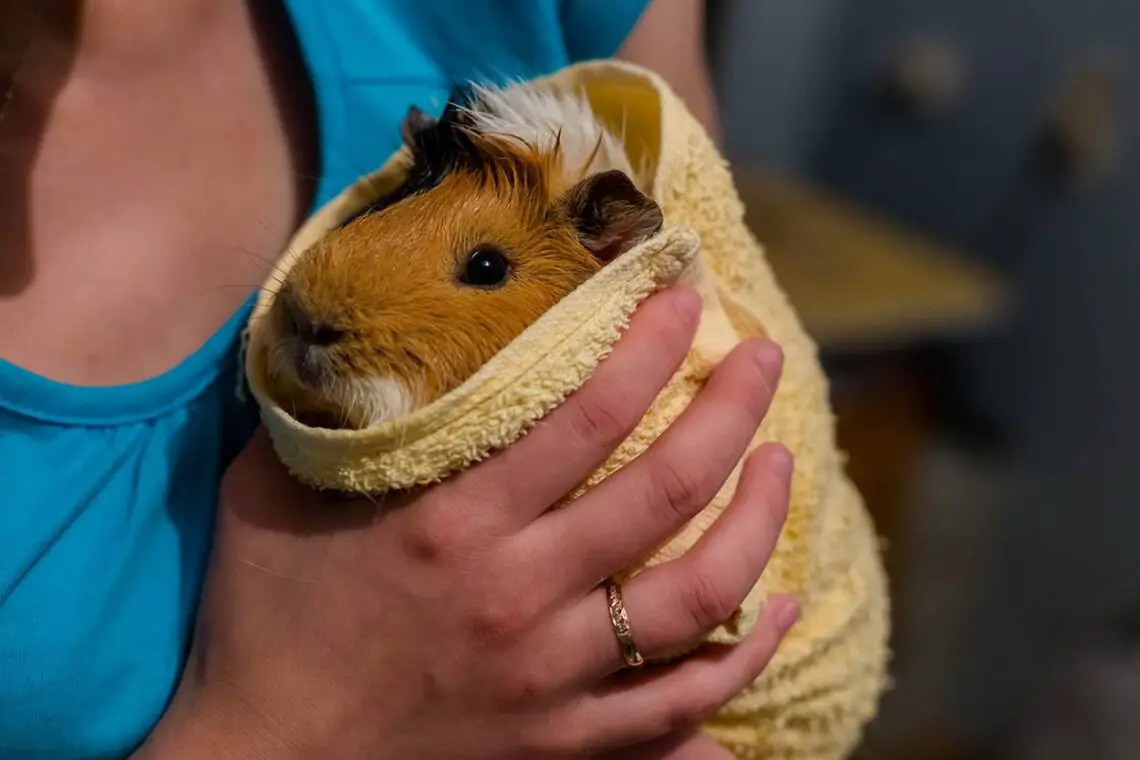
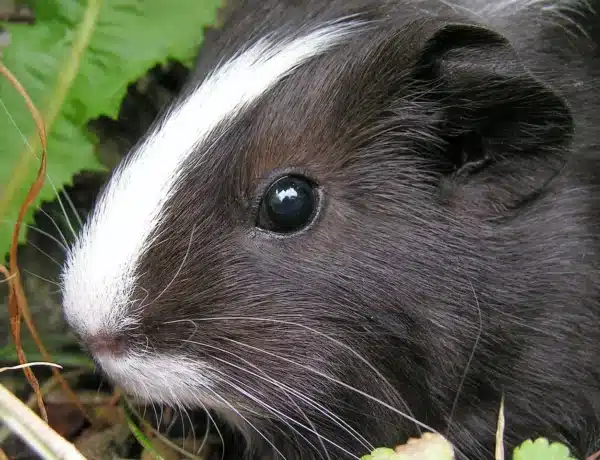

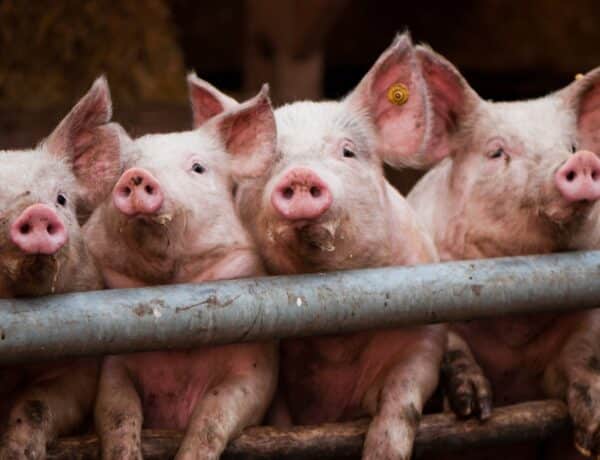
No Comments